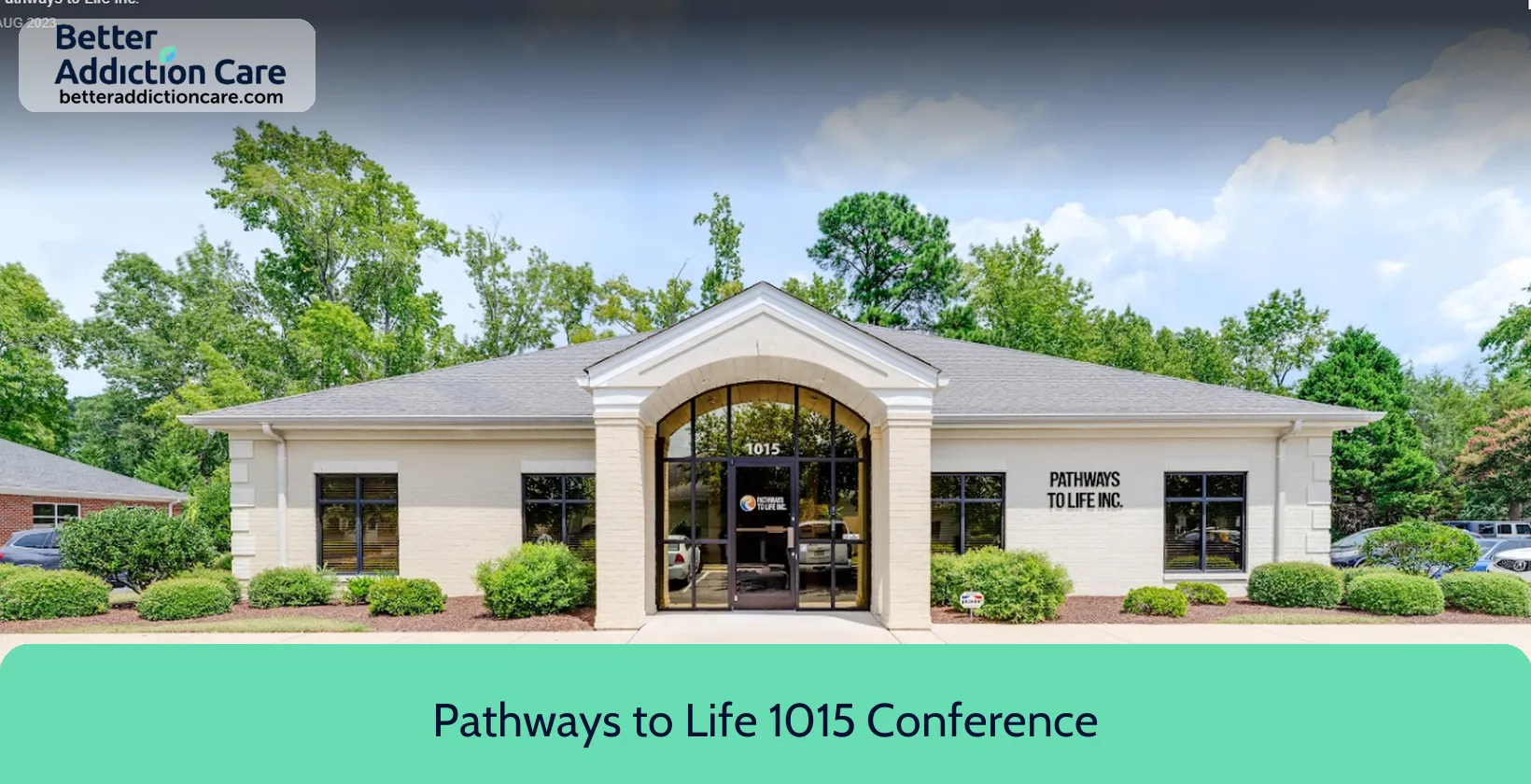Eastern Physical Medicine and Rehabilitation

Overview
Eastern Physical Medicine and Rehabilitation is an substance abuse treatment center that provides outpatient treatment for men and women between 18 and 65+ years of age. As part of their special programs, Eastern Physical Medicine and Rehabilitation To help patients achieve sobriety, Eastern Physical Medicine and Rehabilitation provides treats opioids detoxification and medication routinely used during detoxification.. Afterward, patients receive cognitive behavioral therapy, substance use disorder counseling, and smoking/vaping/tobacco cessation counseling during treatment. Eastern Physical Medicine and Rehabilitation is located in Greenville, North Carolina, providing treatment for people in Pitt County, accepting cash or self-payment, medicaid, and medicare.
Eastern Physical Medicine and Rehabilitation at a Glance
Payment Options
- Cash or self-payment
- Medicaid
- Medicare
- State-financed health insurance plan other than Medicaid
- Private health insurance
Assessments
- Screening for tobacco use
- Comprehensive substance use assessment
- Screening for mental disorders
- Screening for substance use
- Professional interventionist/educational consultant
Age Groups
- Adults
- Seniors
- Young adults
Operation
- Private for-profit organization
Highlights About Eastern Physical Medicine and Rehabilitation
6.85/10
With an overall rating of 6.85/10, this facility has following balanced range of services. Alcohol Rehabilitation: 8.00/10, Drug Rehab and Detox: 6.92/10, Insurance and Payments: 6.00/10, Treatment Options: 6.49/10.-
Alcohol Rehabilitation 8.00
-
Drug Rehab and Detox 6.92
-
Treatment Options 6.49
-
Insurance and Payments 6.00
Treatment At Eastern Physical Medicine and Rehabilitation
Treatment Conditions
- Substance use treatment
Care Levels
- Outpatient
- Outpatient methadone/buprenorphine or naltrexone treatment
- Regular outpatient treatment
- Aftercare
Treatment Modalities
- Cognitive behavioral therapy
- Substance use disorder counseling
- Smoking/vaping/tobacco cessation counseling
- Intervention Services
- Individual psychotherapy
Ancillary Services
Additional Services
- Pharmacotherapies administered during treatment
- Naloxone and overdose education
- Drug or alcohol urine screening
Get Help Now
Common Questions About Eastern Physical Medicine and Rehabilitation
Contact Information
Other Facilities in Greenville

6.68

7.25

7.16

7.05

7.14

6.56

8.04

7.02
DISCLAIMER: The facility name, logo and brand are the property and registered trademarks of Pathways to Life 1015 Conference Drive, and are being used for identification and informational purposes only. Use of these names, logos and brands shall not imply endorsement. BetterAddictionCare.com is not affiliated with or sponsored by Pathways to Life 1015 Conference Drive.
